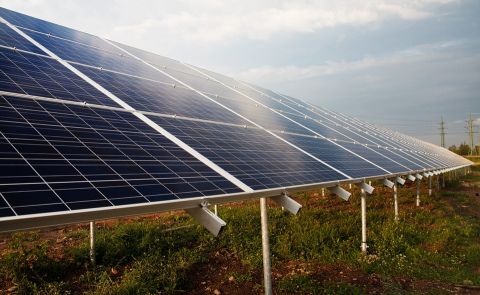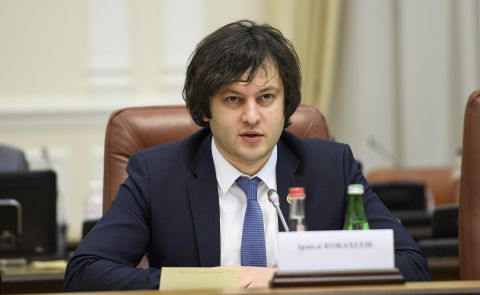
Pashinyan: New Constitution Key to Peace and Independent Security System
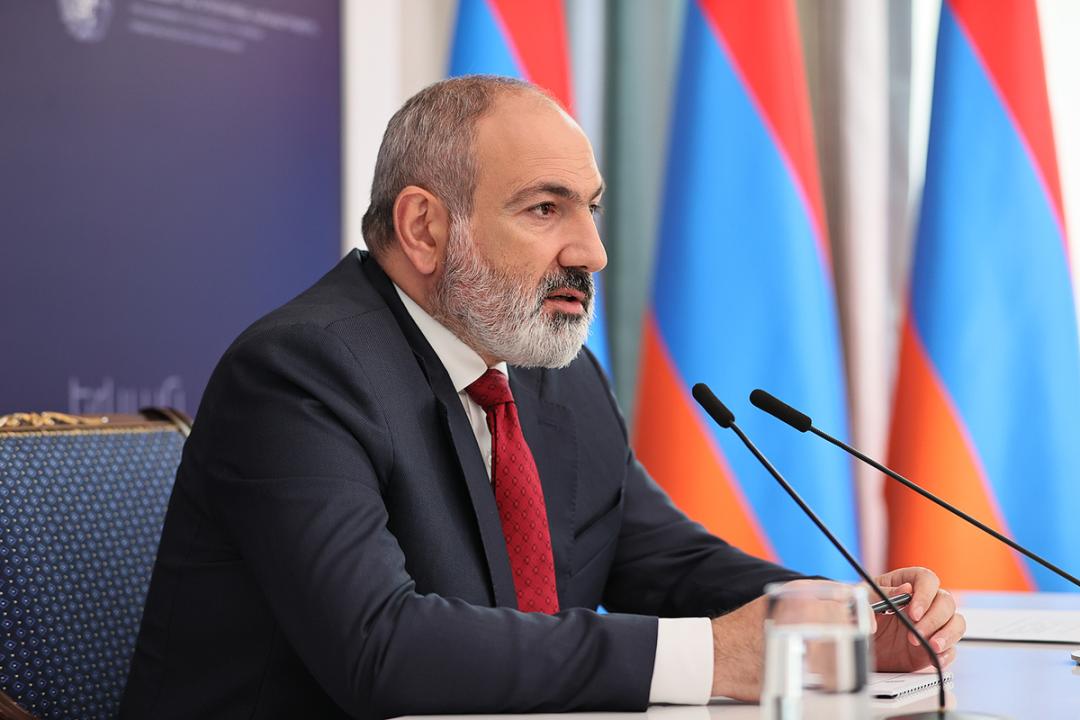
In an interview with public radio on February 1, Armenian Prime Minister Nikol Pashinyan once again linked the adoption of a new constitution he announced with the possibility of establishing peace.
"There is a lot of talk today about a new Constitution related to pressure from Azerbaijan. Any government should analyze and understand based on which concept it will ensure the country's security. The government should identify those problems and those points that cause external threats. Here, I would also like to return to the issue of the army. As I said, the Armenian army should operate on the sovereign territory of the Republic of Armenia to protect the territory from external threats," Pashinyan said. According to him, this is important not only from the internal but also from the external point of view because, in this way, you declare your goals to the outside world. "When you declare something, others also do it; as a result, conflicts can arise," he added. "Today, and it's no secret, we live in an aggressive environment. Our goal is to understand why this environment is aggressive towards us," the Armenian prime minister stated.
Pashinyan compared Armenia to a man dressed in red, who has to walk along a road with bulls on both sides. The Prime Minister noted that in such a situation, it is important to decide how to walk along that road: by staying in the red garment, as it is very dear to us, or by changing the garment, taking it out of circulation, and putting it aside as a part of history. Pashinyan estimated that for the past 30 years, Armenia has held the first position. "I can say only one thing with certainty - in a red garment, we will not be able to go this way. If we change our clothes, again, I cannot give any guarantees, but if there is an option to pass this path, it is this second option. Talking about the red garment in reality is talking about the transition from non-state thinking to state thinking," the head of Armenia emphasized.
Pashinyan wondered if Azerbaijan had anything to do with all this. "In reality, this is our internal conversation. But the question is that your environment is always part of your consciousness. And it is a mutual process," he stated. In this context, Pashinyan also touched on the issue of the Declaration of Independence which includes territorial claims over Nagorno-Karabakh: "…we declared what we are creating a state for because it is a declaration that we are starting the process of creating an independent state. We note three benchmarks: the first is historical justice, the second is the wishes of the Armenian people, and the third is the decision of the National Council of Nagorno-Karabakh and the Supreme Council of Armenia on reunification." Pashinyan suggested discussing how these formulations might be perceived by Armenia's neighbors, not only Azerbaijan but also Turkey and Georgia: "Why don't we wonder why Georgia has deep defense cooperation with Azerbaijan and Turkey, but not with Armenia? Could it have anything to do with the messages we have laid down in the foundation of our state?"
He is sure that Armenia must solve the problems laid down in the Declaration of Independence. "The question is whether our state policy should be guided by that message and based on the decision of the National Council of Nagorno-Karabakh and the Supreme Council of Armenia on the reunification of Karabakh and Armenia. This is a question of political choice. If it should, it means that we will never have peace. Moreover, it means that we will have war now."
Prime Minister Nikol Pashinyan said that Armenia needs a new national security strategy, which should reflect the logic of protecting the state's legitimate territorial integrity and interests. According to him, the events of 2020 and the processes following it dictated the necessity to revise the security concept and think about building a defense and security system at the expense of one's own capabilities. He noted that before the 2020 hostilities, there was an unspoken confidence that Armenia's security problems had been solved through membership in the CSTO, and therefore, it was possible to concentrate forces on the defense of Nagorno-Karabakh. "But it turned out that the CSTO is not only not going to take responsibility for Armenia's security, but at the decisive moment, the CSTO says: solve your problems," he said. "This is what we are discussing. In other words, if I interpret what I just said, according to the logic of your question, I say the following: I say let's create a formula that will allow us to live as independently as possible here, in this environment, in these conditions, and to ensure as independent a security system as possible," Pashinyan stated.
He also added that in January 2022, the concept of reforming the Armed Forces was ready, but in the winter of 2022, events took place, and because of these, it became clear that it was impossible to move forward with this concept. "We do not just need the concept as such, we need to properly calculate how realistic the realization of this concept is, including through cooperation in the military-technical sphere. We need to understand with whom we can really have military-technical and defense relations. This used to be a simple task because there was no such question before 95-97% of our defense relations were with the Russian Federation, but now this cannot be the case, both for objective and subjective reasons. Now we have to understand what kind of relations we can have with India within the framework of this concept," Pashinyan stated.
On clarifying whether India is considered a diversifying option in the issue of arms supplies, Pashinyan said: "Diversification is just a name. People have heard and understood it, but soon, they will start demanding specifics. For example, what kind of security relations will we have with the Islamic Republic of Iran? Will we have them or not? What security relations will we have with Georgia? What security relationship will we have with the United States? Will it or will it not? Will our security relationship with Russia change or not, how will it change? Will we ultimately remain a member of the CSTO or not? What kind of relationship are we building with France? The problem is that we need to formulate a concept that we have at least agreement on the realization of. I think that, yes, we should finalize the development of this concept during this year."
See Also

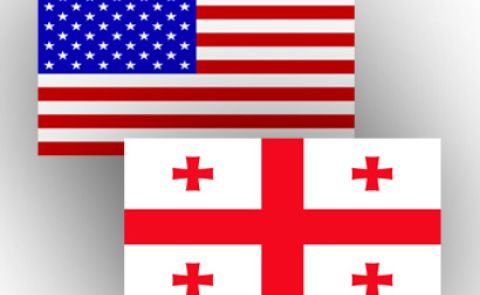
Kobakhidze Meets US Senator Daines to Discuss Bilateral Relations
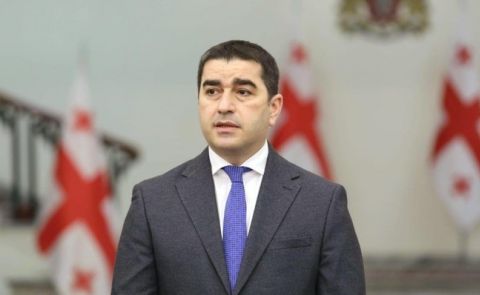
Georgian Speaker Condemns Embassy Travel Warnings as Economic Attack
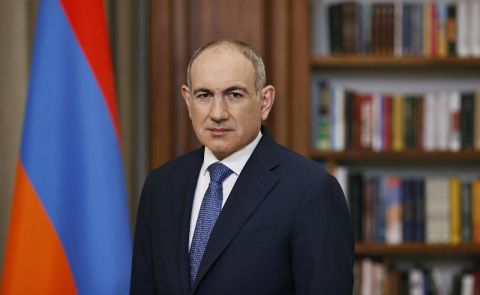
Political Crisis Deepens Between Armenian Government and Apostolic Church After Pashinyan’s Remarks
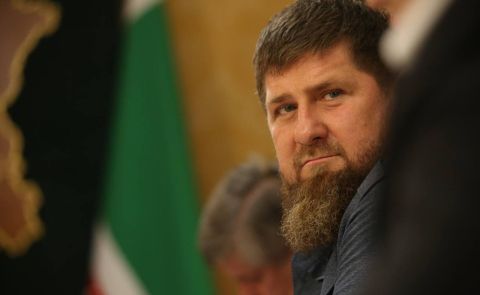
Ramzan Kadyrov Awards Title to Ingush Businessman
